MARGIN CALL. Suspenseful and gripping financial thriller
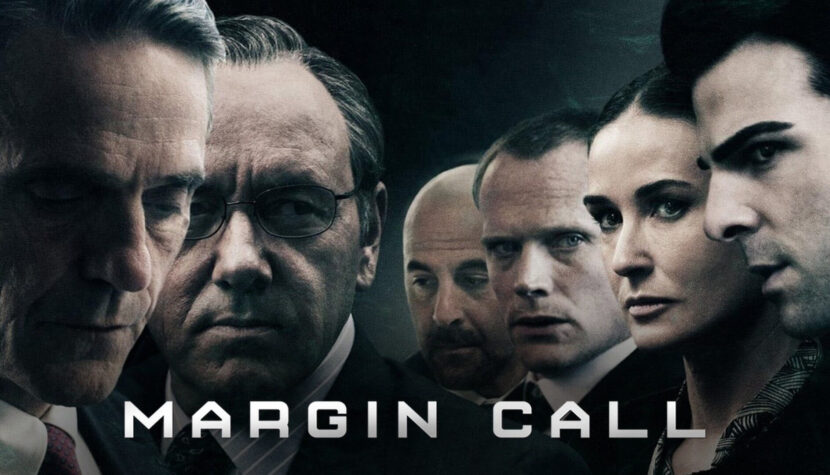
This topic has been appearing in all media for a long time, and it will likely continue to do so in the future, whether in the context of condemning those responsible for its outbreak or purely in a historical context. As with all significant events happening globally, it didn’t take long for filmmakers to start working on hot topics. Last year, the Oscar for Best Documentary Feature went to Inside Job, and in 2011, HBO released Too Big to Fail.
These productions focused on a broad view of the problem and on showcasing the actions of the US government after the crisis erupted. Slightly different is the approach of the film reviewed here, Margin Call.
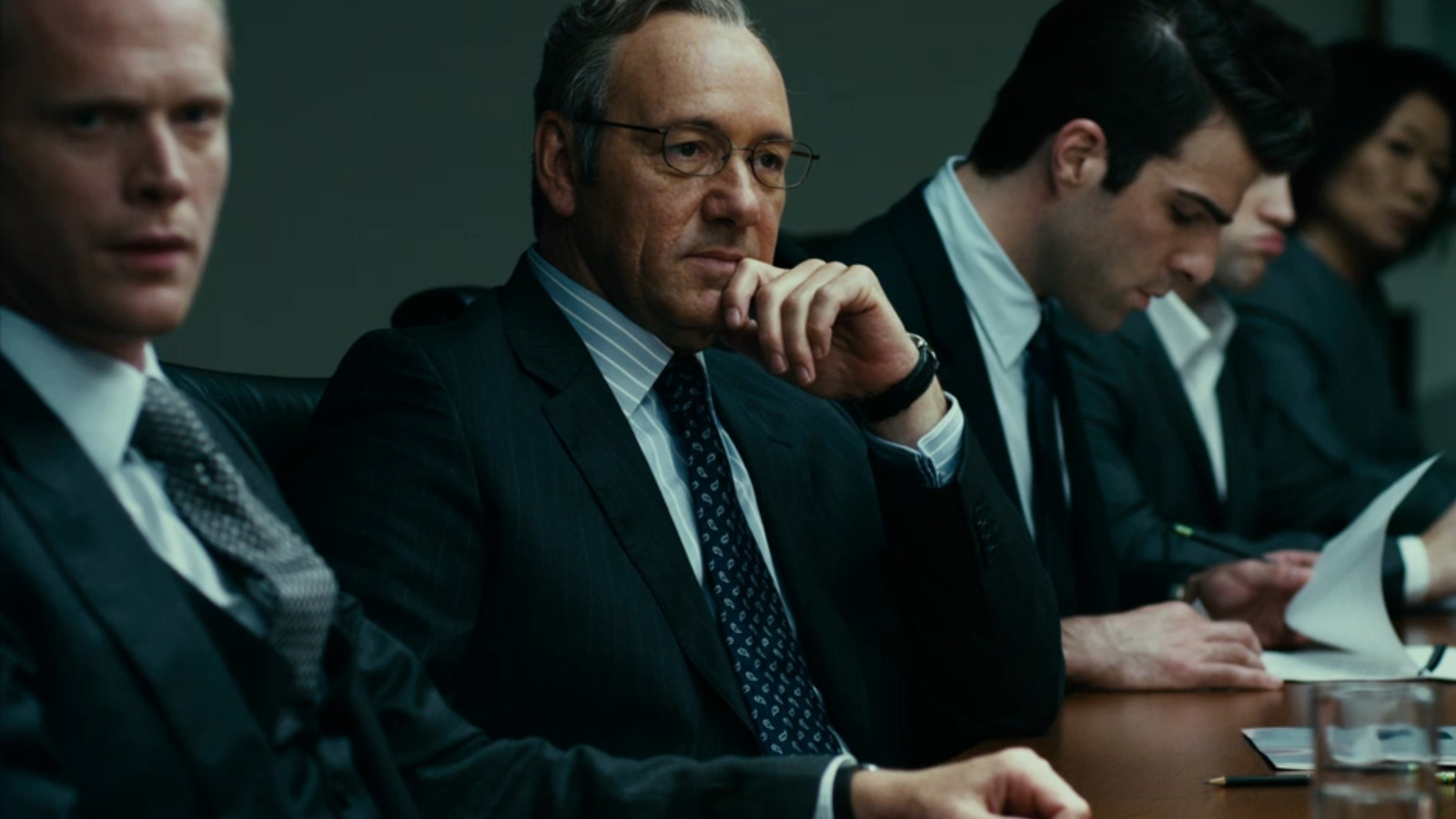
The film’s action spans two days and one night during which an employee of a large investment bank notices that “the numbers no longer add up,” and the existence of this institution in the near future is in question. A series of meetings are then convened with representatives of increasingly higher management to devise a plan of action. And that’s basically it; the action really boils down to a few rooms and a handful of characters who spend almost two hours talking, arguing, discussing, and looking with horror at the not-so-optimistic reports prepared by analysts. Nonetheless, the film manages to engage the viewer from the very beginning and keep them in suspense for most of the screening time.
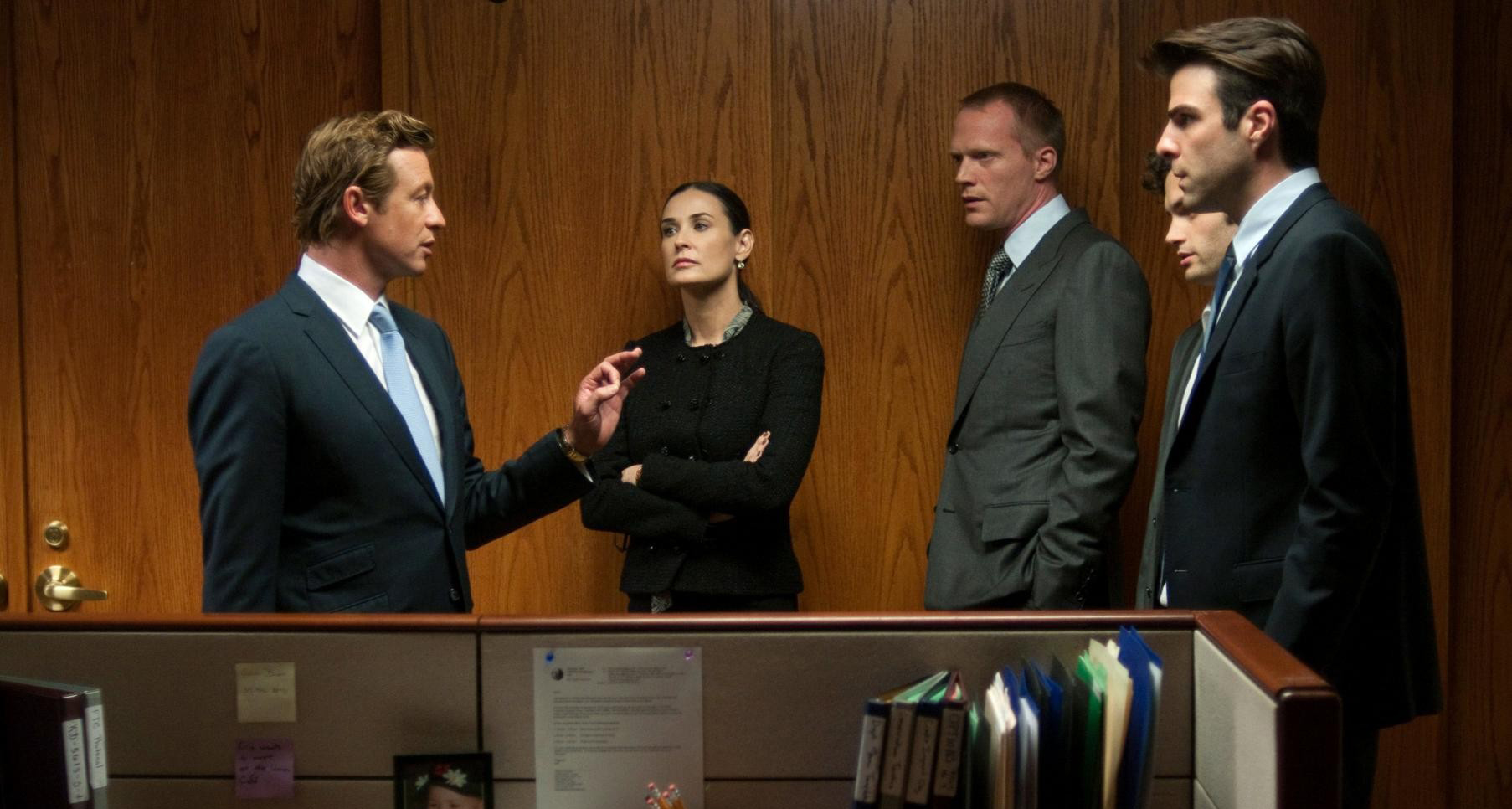
This is largely due to the excellently assembled cast, with Kevin Spacey standing out for his portrayal of the most ambiguous character. Both he and the rest of the actors are very solid, but none of them steal the show or play a role that will be remembered for years (or even months).
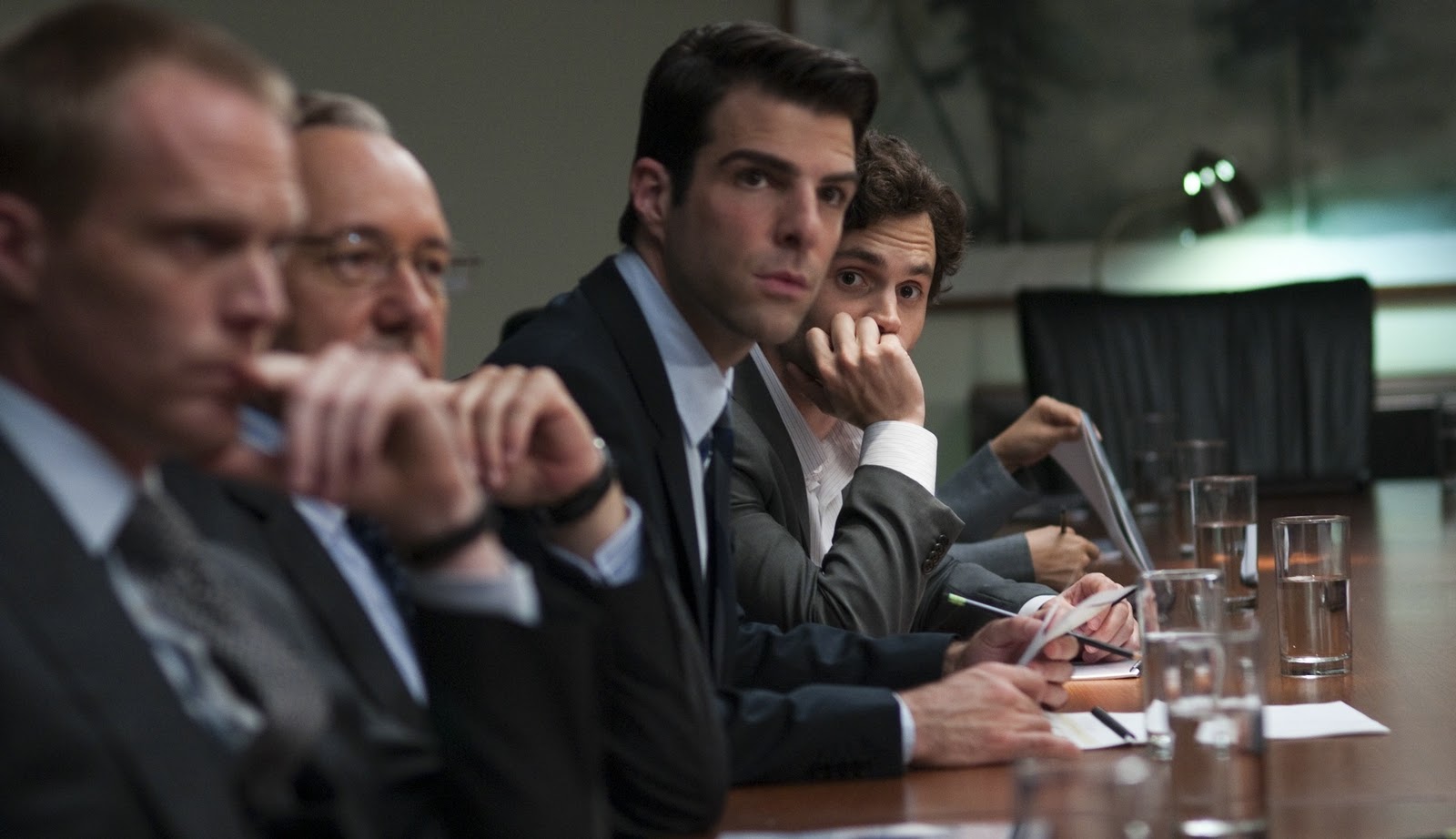
A significant advantage of Margin Call is that it does not attempt to take the easy route by pointing fingers solely at the bank’s management as the sole and exclusive culprits for causing the crash. Of course, there are scenes showing the lavish lifestyle of the financial elite, with one character’s expenditures on alcohol and prostitutes meticulously detailed, but some less popular arguments are also put forward, blaming society itself, which couldn’t resist the temptation to live beyond its means and on credit. Greed is what drives the actions of all people; it’s just that not everyone is willing to admit it. Gordon Gekko famously concluded in Wall Street that “greed, for lack of a better word, is good.” In Margin Call, greed is… normal— the fact that a person wants more than they currently have is obvious and applies to everyone. Without exception.
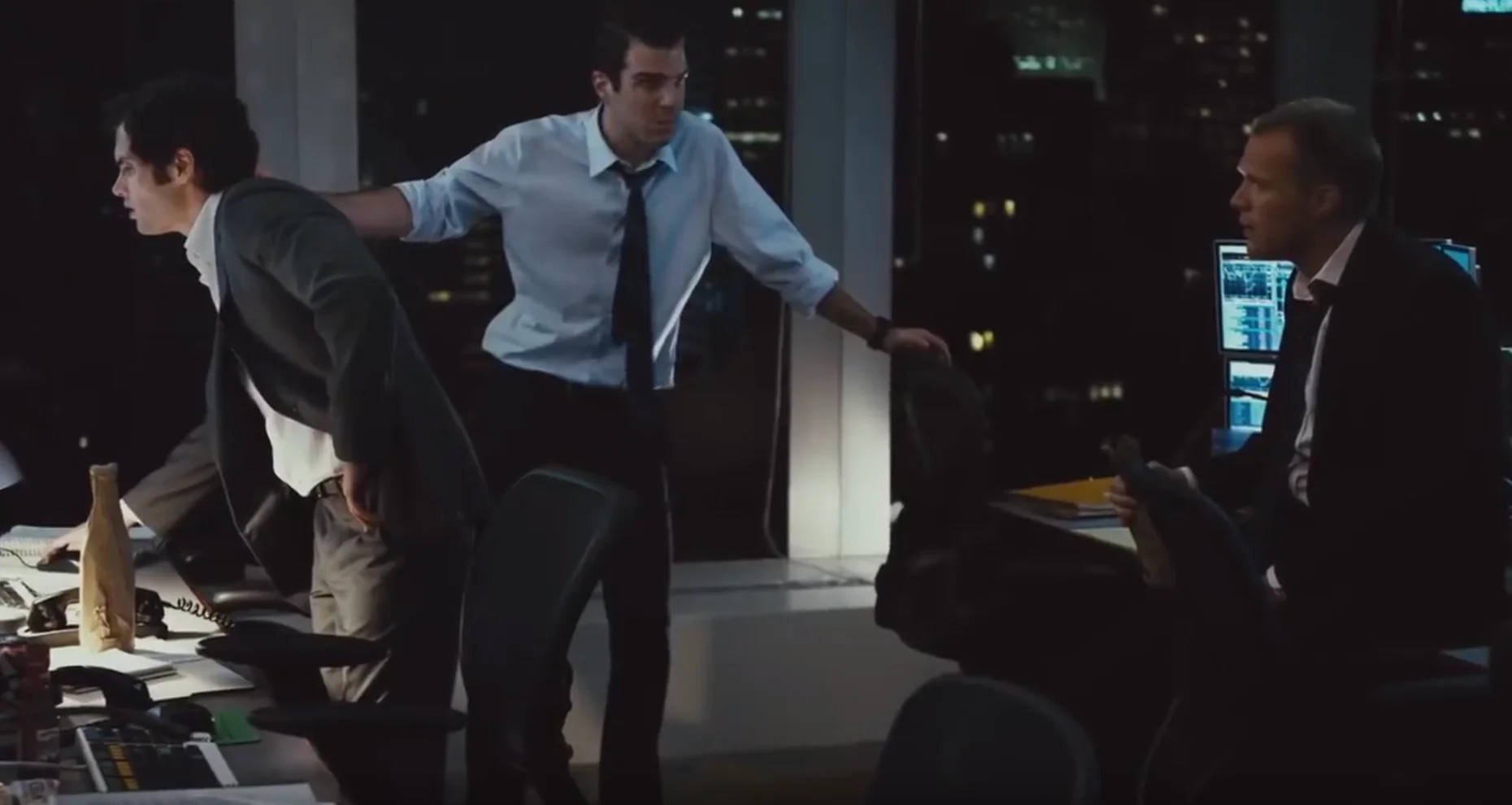
If that’s the case, it can be assumed that people will make their decisions rationally, i.e., selfishly. In this case, the bank behaves like a living organism, fighting for survival at all costs. There’s nothing strange about it. Motivations cannot be presented in a simpler and clearer way, and this approach allows us to look at the whole situation from a completely different perspective. The film does not delve into the actual underlying causes of the crisis but clearly suggests that even rational actions lead to catastrophe if based on erroneous assumptions.
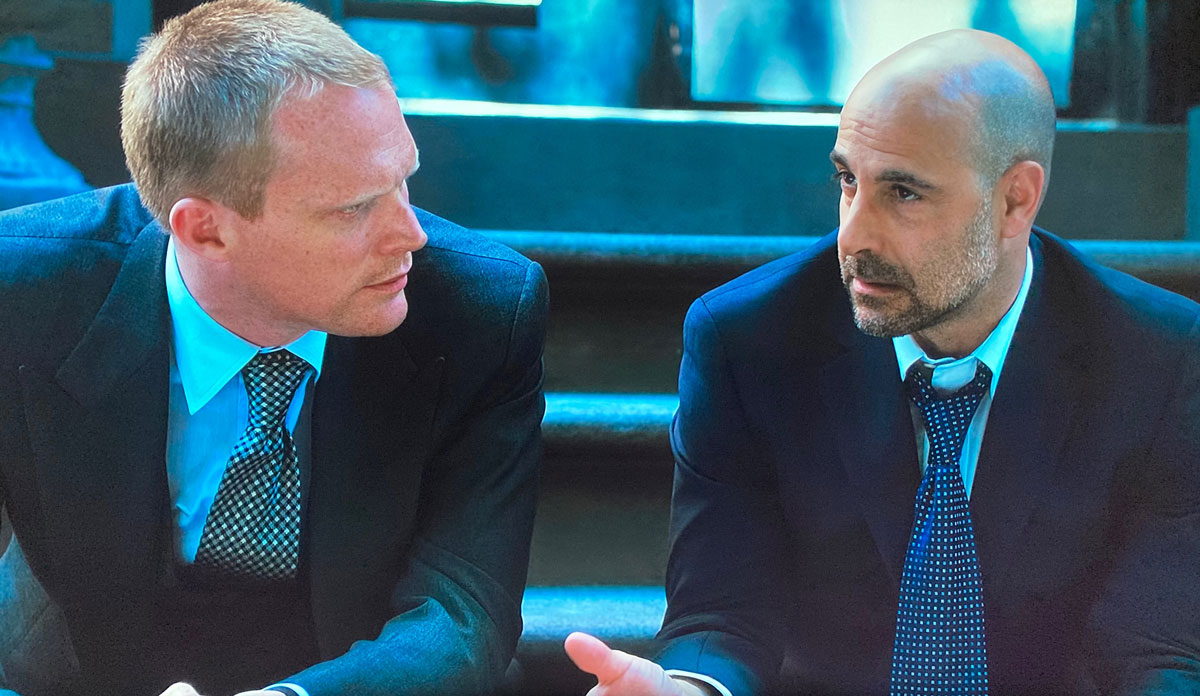
Margin Call is good, but it could definitely be better. Despite being balanced for most of the screening, from time to time, the script contains stale dialogues like “look at all these clueless people,” and cheap scenes aimed at alienating the viewer from the character played by Jeremy Irons. In one of them, his character calmly enjoys a gourmet meal on the day the crisis erupts and justifies his actions by stating that the current crash is not the first and certainly won’t be the last such event in history. Although this justification doesn’t hold water, on the other hand, it’s hard not to agree with some of his statements. And it’s precisely for this “but on the other hand” that this film is worth recommending.

